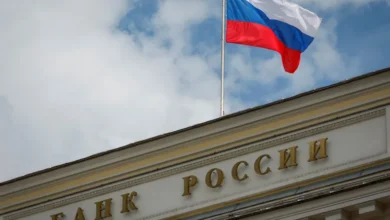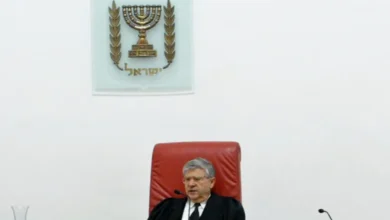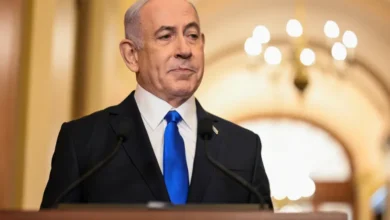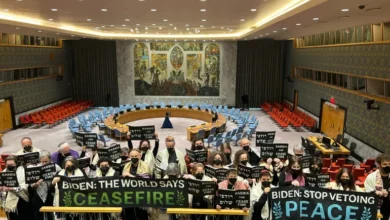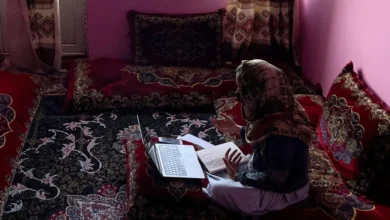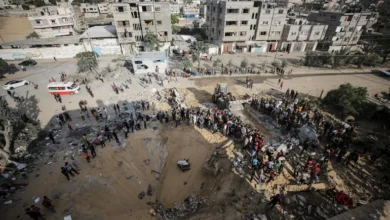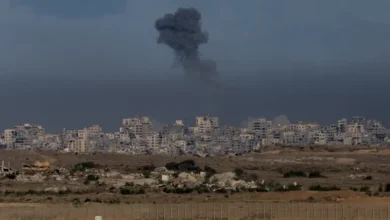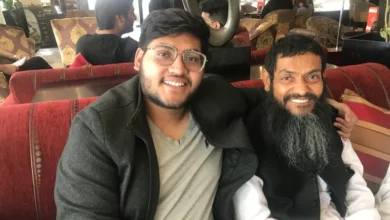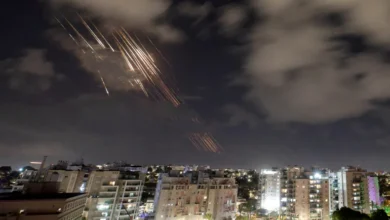Nuclear weapons should be relics of the past
Karipbek Kuyukov
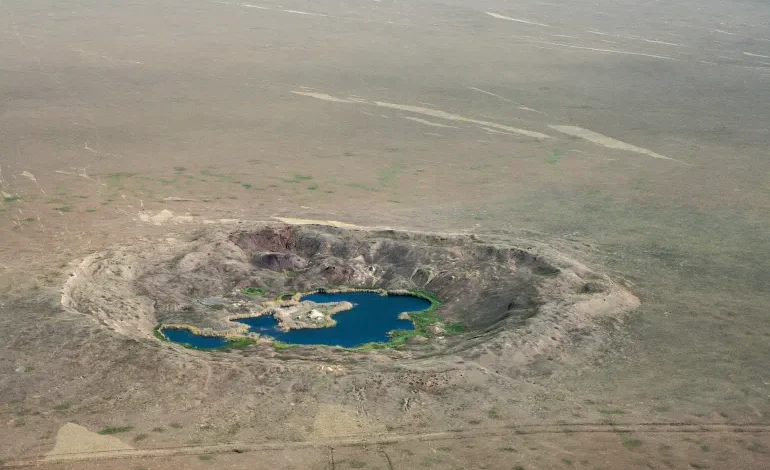
In the quiet and peaceful steppe of Kazakhstan, a dark and ominous legacy lingers beneath the surface. Over four decades between 1949 and 1989, 456 nuclear bombs were detonated by the Soviet Union at the Semipalatinsk Test Site in northern Kazakhstan.
While the echoes of nuclear explosions have long faded, the scars of nuclear testing run deep. More than 1.5 million people in Kazakhstan were exposed to the toxic fallout from those tests. Countless lives were irreversibly altered, and the environment was forever scarred. I am a living testament to the horrors of nuclear testing, as I was born without arms due to the effects of nuclear radiation.Decades have passed since the Semipalatinsk Test Site was used as a canvas for nuclear experimentation, yet the threat to the world from nuclear weapons remains all too real. The global confrontation between major powers has raised the possibility that nuclear weapons could be used, even if accidentally. The spectre of mutually assured destruction looms large, reminding us that the line between peace and catastrophic conflict is paper-thin. It is a line we can no longer afford to tread.
The recent diplomatic efforts and agreements aimed at halting nuclear testing and proliferation have shown promise, but they are merely steps on a longer journey. The Comprehensive Nuclear-Test-Ban Treaty (CTBT), which seeks to ban all nuclear explosions, is a crucial instrument in this endeavour. Yet, despite its adoption by a vast majority of nations, it awaits ratification by some key states, preventing its full implementation.
Governments and leaders must recognise that the pursuit of security through the possession of nuclear weapons is a fallacy. Kazakhstan once had the fourth-largest nuclear arsenal in the world. But my country voluntarily relinquished these weapons after gaining independence from the Soviet Union in 1991. Despite being a young sovereign nation, the lack of nuclear weapons did not threaten our security and stable development. Quite the contrary. Through its multi-vector foreign policy, Kazakhstan has developed good relations with all its neighbours and beyond.
Kazakhstan’s case is proof that true security can be achieved through the complete elimination of nuclear weapons.Our path forward is clear. We must advocate for the universal ratification of the CTBT, leaving no room for ambiguity regarding the end of nuclear testing. This will require not only political will but also a collective commitment to securing a safer world for generations to come. The pursuit of disarmament must be a shared endeavour that transcends borders, ideologies and differences. All nuclear-armed states must demonstrate their commitment to disarmament through substantial reductions in their arsenals.
Nuclear disarmament is not a distant dream; it is a tangible goal within our reach. The success of initiatives like the International Campaign to Abolish Nuclear Weapons (ICAN), which led to the adoption of the Treaty on the Prohibition of Nuclear Weapons (TPNW), demonstrates the power of global unity. The number of nuclear weapons has declined from around 65,000 in the mid-1980s to around 12,500 today, thanks to the landmark Treaty on the Non-Proliferation of Nuclear Weapons (NPT).
However, we cannot stop here. As the world marks the International Day against Nuclear Tests on August 29, which the UN declared in 2009 to mark the closure of the Semipalatinsk Test Site in 1991, we must embrace global disarmament. It is a moral imperative, a duty to future generations, and a responsibility we cannot shirk. The resources currently spent on maintaining and modernising nuclear arsenals could be channelled into eradicating poverty, addressing climate change, and advancing education and healthcare.
Education is a powerful tool in the fight for disarmament. By raising awareness about the devastating consequences of nuclear weapons and testing, we can inspire collective action and public demand for change. That is why I have dedicated my life to urging the world to rid itself of the destructive menace of nuclear weapons.The path towards nuclear disarmament is not an easy one, but it is a journey worth embarking upon. We owe it to ourselves, our children, and the generations yet unborn. Let us not be remembered as the generation that failed to heed the call of reason and compassion. Instead, we should be remembered as the generation that had the courage to stand up and say, “No more.” Let us be the ones to make nuclear weapons a relic of the past, forever banished from our world.

